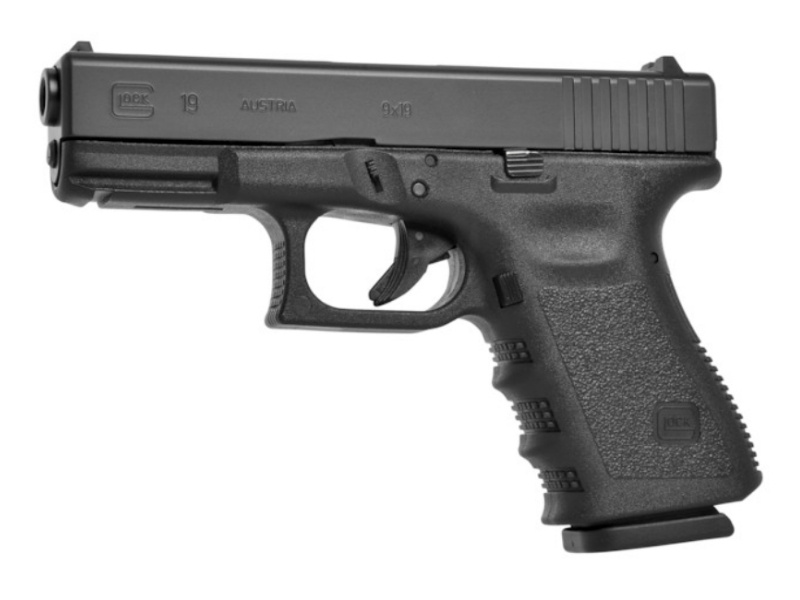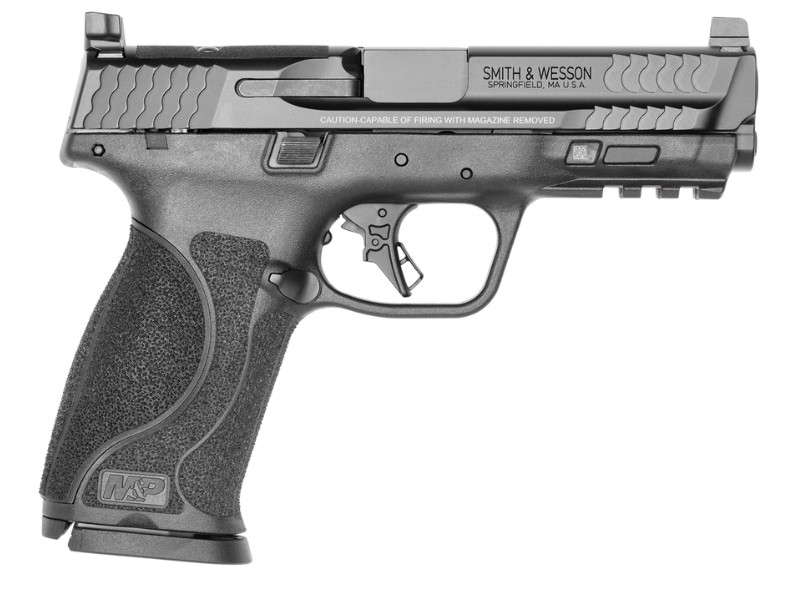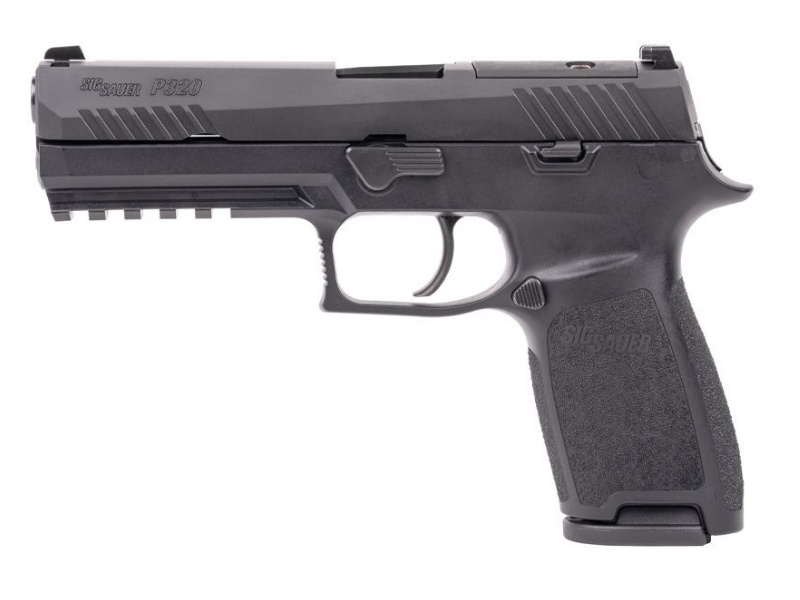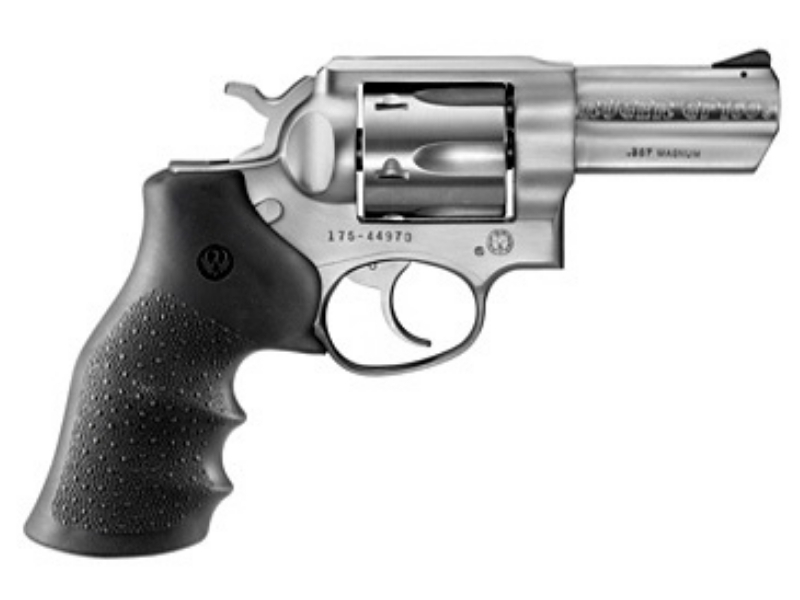Every homeowner wants one thing above all else: peace of mind at home. No matter, you live in a quiet suburb, a busy city, or a rural area, protecting your family and property is a top priority. For many, that means looking into the best guns for home defense. But here’s the truth: the “best” isn’t always about raw firepower. A gun for home defense needs to strike a balance between ease of use, reliability, safety, and stopping power. It also needs to fit your specific living situation. A single parent in a small apartment might choose differently from a couple in a large home. In this blog, we’ll break down the best handguns, shotguns, and rifles, discuss what really matters when making your choice, and cover safety and training essentials that should never be overlooked.
Top Picks
- Best Handgun: Glock 19
- Best Shotgun: Mossberg 590A1
- Best Rifle: Ruger PC Carbine
Best handguns for home defense
Handguns are the most popular choice for home defense. They’re compact, easy to maneuver, and can be stored securely in quick-access safes.
Glock 19

Pros
- Simple design
- High magazine capacity (15+1)
- Lightweight
- Easy to maintain
Cons
- May feel bulky for smaller hands
- Polymer sights (can be upgraded)
The Glock 19 is a gold standard in self-defense handguns. Reliable, lightweight, and trusted by law enforcement worldwide.
Smith & Wesson M&P9 ↗
Another highly reliable 9mm handgun, known for its ergonomics and modern features.

Pros
- Comfortable grip
- Ambidextrous controls
- Customizable backstraps
Cons
- Trigger feel is subjective; some prefer upgrades
Sig Sauer P320 ↗
Adopted by the U.S. Army, the P320 is modular, accurate, and adaptable.

Pros
- Excellent accuracy
- Modular design (swap calibers/frames)
- Striker-fired reliability
Cons
- Higher price point compared to Glock or S&W
Revolvers (Ruger GP100) ↗
Revolvers are simple, reliable, and nearly impossible to jam.

Pros
- Extreme reliability
- Simple operation
- Powerful calibers (.357 Magnum)
Cons
- Limited capacity (5–6 rounds)
- Slower reloads
Expert Tip: Want something straightforward and dependable? Revolvers are the best option for newcomers.
Best Home Defense Shotguns
Shotguns are legendary for home defense because of their stopping power and intimidation factor. The sound of racking a pump-action shotgun alone would be a deterrent.
Remington 870 ↗
One of the most iconic shotguns in America. Durable and time-tested.

Pros
- Reliable pump action
- Customizable
- Wide aftermarket support
Cons
- Heavy recoil
- Large size can be hard to maneuver indoors
Mossberg 590A1 ↗
Trusted by military and police, the Mossberg series is known for durability and performance.

Pros
- Ambidextrous safety
- Versatile (hunting or defense)
- Budget-friendly
Cons
- Pump action requires practice
- Limited ammo capacity
Benelli M4 ↗
A premium choice, the Benelli M4 is a semi-automatic shotgun used by U.S. Marines.

Pros
- Semi-auto for faster follow-up shots
- Battle-proven reliability
- Excellent build
Cons
- Expensive
- Heavier than pump options
Best For: Shotguns give top-tier performance and faster response for experienced shooters.
Best Home Defense Rifles
Rifles are less common for home defense but have advantages in accuracy and capacity. However, over-penetration (bullets passing through walls) is a concern.
AR-15 ↗
The most debated rifle in America because it is lightweight, customizable, and accurate.

Pros
- High capacity
- Low recoil
- Extremely customizable
Cons
- Over-penetration risk
- Politically controversial
- Requires training
Ruger PC Carbine ↗
A pistol-caliber carbine (9mm) that bridges the gap between handguns and rifles.

Pros
- Uses common 9mm ammo
- Lower recoil
- Compatible with Glock mags
Cons
- Less stopping power compared to full rifles
KelTec SUB2000 ↗
A compact, folding rifle chambered in pistol calibers. Great for small spaces.

Pros
- Compact design
- Easy storage
- Affordable
Cons
- Less durable than AR-platform rifles
- Limited aftermarket support
Best For: Shooters seeking rifle accuracy with handgun calibers while minimizing penetration risk.
Safe Storage and Training: Non-Negotiable
Owning a gun for home defense means accepting responsibility. Without safety, a defensive tool can become a household risk.
Safe Storage Options:
- Biometric Gun Safes — Quick fingerprint access
- Trigger Locks— Extra layer of security for families with children
- Hidden Wall or Bedside Safes — Fast access but hidden from intruders
Training Essentials:
- Enroll in a firearms safety course
- Practice at the range regularly
- Train under stress to simulate real-life conditions (low light, fast access)
Remember: A firearm is only as safe and effective as the person operating it.
Final Verdict
There’s no universal “best home defense gun”. The right choice depends on your experience level, home size, comfort, and priorities.
- Handguns offer portability and ease of storage
- Shotguns provide unmatched stopping power and intimidation
- Rifles deliver accuracy and capacity, but require careful consideration of penetration risks
No matter what you choose, safety and proper training come first. Invest in a secure safe, take a certified firearms class, and commit to regular practice.
At the end of the day, the best home defense gun is one that you can use confidently, responsibly, and effectively when it matters most.
Factors to Consider Before Choosing a Home Defense Gun
Not all guns are created equal. Before buying, consider the following:
- Ease of Use Under Stress — Can you quickly operate the gun in the middle of the night if woken up suddenly?
- Reliability — Your gun must work every time, without fail.
- Stopping Power — Enough force to neutralize a threat without being excessive.
- Recoil Management — A gun that’s too powerful for you to control may do more harm than good.
- Safety Features — Options like trigger safeties, loaded chamber indicators, and easy-to-use locks.
- Ammunition Availability — Choosing a caliber that’s easy to find locally is a big plus.
- Home Layout — A long shotgun may not be practical in a narrow hallway or small apartment.
Pro Tip: If you’re brand new to firearms, start with something simple, safe, and easy to maintain.
FAQs
For beginners, a 9mm handgun like the Glock 19 or Smith & Wesson M&P9 is a solid choice. They are reliable, easy to control, and widely used for self-defense.
Shotguns offer more stopping power and intimidation factor, but can be harder to maneuver indoors. Handguns are easier to store, handle, and fire under stress.
9mm is the most popular choice for handguns (balance of power and control). .357 Magnum works well in revolvers. 12-gauge is common for shotguns.
Yes, AR-15s are accurate, customizable, and have low recoil. However, they raise concerns about over-penetration (bullets passing through walls) and legal/political controversy.
Use a biometric gun safe for fast but secure access. Always keep the firearm unloaded when not in use (unless stored securely). Store ammunition separately if children are in the home.
Yes. Hollow point ammunition expands on impact, reducing the risk of over-penetration while providing effective stopping power.
Absolutely. Even if you’ve shot before, professional firearms safety and defense training prepares you for real-life, high-stress situations.
You don’t need the most expensive firearm. Reliable handguns start around $400–$600, shotguns around $350–$600, and rifles can range from $600–$1,200+. Focus on reliability and comfort, not just price.
Yes. Many people choose compact handguns like the Glock 19 that work for both concealed carry and home defense.
It depends on your state or country laws. In the U.S., requirements vary by state. Some require permits for purchase, others for concealed carry.
We provide trusted insights for responsible, law-abiding firearm owners. We do not sell firearms. Some links may be affiliate links, meaning we earn a small commission at no extra cost to you. These commissions help support our product testing and honest reviews.